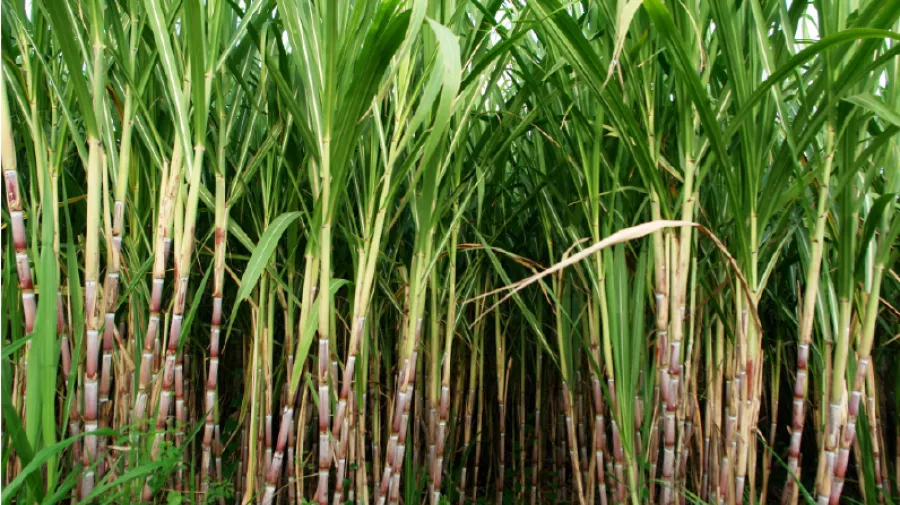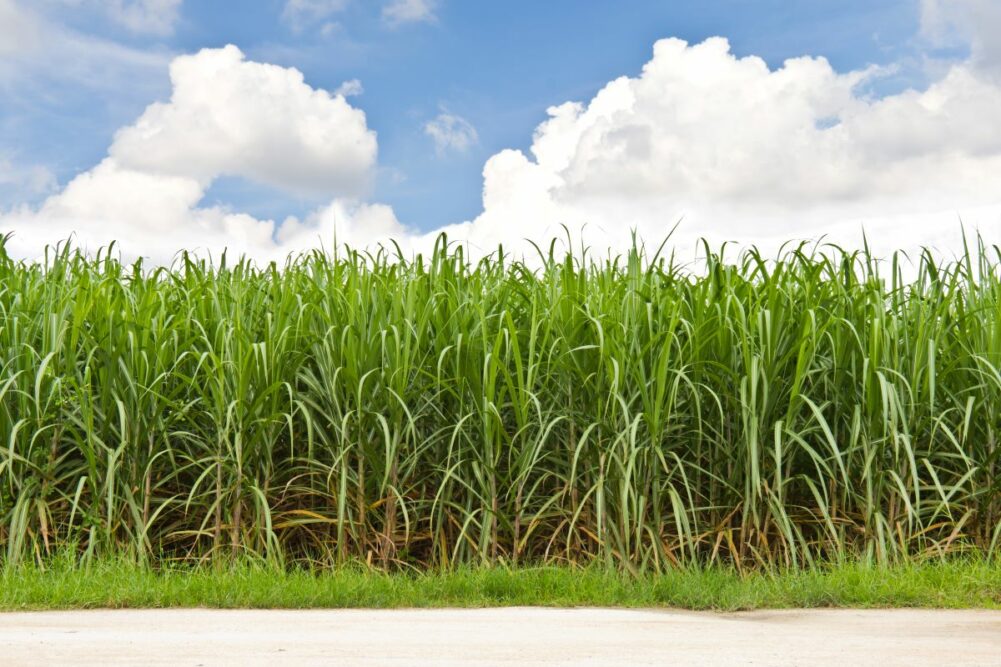Why Walking Stick Sugar Handling Chemicals Are Important for Modern Sugar Refining
The role of walking cane sugar processing chemicals in modern sugar refining can not be overstated, as they are indispensable to boosting both the effectiveness of removal and the total top quality of the last item. Agents such as phosphoric acid and certain flocculants are utilized to get rid of pollutants, resulting in sugar that not only meets consumer assumptions however likewise sticks to market criteria.
Role of Handling Chemicals
The effectiveness of walking stick sugar processing hinges significantly on the tactical application of handling chemicals. These chemicals play an essential function in enhancing the efficiency and quality of sugar removal and refining. From the initial stages of juice removal to the last purification actions, processing chemicals promote numerous important procedures.
In the removal stage, chemicals such as phosphoric acid and calcium hydroxide are utilized to optimize the clarification procedure, helping to eliminate impurities and suspended solids from the cane juice. This not just boosts the return yet additionally guarantees the clearness of the final item. Additionally, representatives like flocculants aid in the fast settling of impurities, thereby enhancing the total process.
Turned on carbon and ion exchange materials offer to get rid of color and smell, guaranteeing that the refined sugar satisfies consumer high quality requirements. Thus, the thorough choice and application of these chemicals are important for accomplishing optimal results in walking cane sugar processing.
Key Kinds Of Chemicals
Cane sugar processing relies upon a selection of crucial chemicals that assist in each phase of manufacturing. These chemicals play necessary roles in making clear, whitening, and detoxifying the sugar removed from cane.
One main group of chemicals includes flocculants, such as polyacrylamide, which aid in the clarification procedure by promoting the gathering and settling of impurities. In addition, calcium hydroxide is typically utilized to reduce the effects of level of acidity and assist in the elimination of non-sugar parts.
Lightening representatives, such as turned on carbon and sulfur dioxide, are used to decolorize the syrup, causing a more clear final product. These chemicals help get rid of shade compounds that may impact the sugar's appearance and bankability.
Moreover, phosphoric acid acts as a pH regulator throughout the processing phases, making sure optimum problems for the enzymatic activities entailed in sugar extraction and filtration.
Other important agents consist of edta (ethylenediaminetetraacetic acid), which chelates steel ions that might militarize unwanted reactions, and salt hydroxide, which helps in pH control throughout the refining procedure. Jointly, these chemicals boost performance and make sure a high-quality walking cane sugar product.
Advantages for Sugar High Quality
Frequently forgotten, making use of particular processing chemicals substantially improves the total quality of cane sugar. These chemicals play a pivotal role in refining procedures, making sure that the final product meets strict sector requirements for purity and preference.

Furthermore, refining chemicals help in accomplishing a regular granulation and appearance, which are important for customer acceptance. By managing the crystallization process, these chemicals guarantee that the sugar crystals create consistently, causing a visite site much more enticing item that liquifies well in different applications.
In addition, making use of these chemicals can improve the shelf life of walking cane sugar by minimizing moisture absorption and microbial growth. Overall, the strategic application of processing chemicals is necessary for supplying high-quality walking cane sugar that fulfills customer expectations and industry demands.
Ecological Impact Considerations

Moreover, the energy-intensive nature of sugar refining, compounded by chemical usage, commonly results in enhanced carbon exhausts. This contributes to climate modification and raises concerns relating to the sustainability of current refining practices. Furthermore, the sourcing of these chemicals may entail techniques that threaten biodiversity, such as monoculture farming, which lowers the resilience of farming ecosystems.

To alleviate these influences, sugar refiners are increasingly discovering lasting alternatives and adopting best methods that decrease chemical usage. Implementing extensive ecological monitoring systems can help make certain that the refining procedure aligns with environmental criteria and advertises biodiversity. Eventually, a well balanced technique that focuses on both sugar quality and ecological stewardship is crucial for the long-term viability of the sugar market.
Future Patterns in Refining
As the sugar industry faces the environmental obstacles connected with traditional refining techniques, innovative techniques are emerging to boost both performance and sustainability. One substantial trend is the adoption of eco-friendly chemistry concepts, which focus on making use of safe, naturally degradable handling chemicals. This shift not just reduces ecological influence however additionally addresses consumer demand for cleaner production techniques.
Another encouraging growth is the implementation of innovative filtration modern technologies, such as membrane separation and adsorption processes. These strategies boost the quality and high quality of the sugar while lowering the volume of wastewater created throughout refining. Additionally, the combination of digital modern technologies, including IoT and AI, is changing operational effectiveness by enabling real-time tracking and predictive maintenance, therefore useful source reducing resource waste.
Furthermore, making use of by-products from sugar refining, such as bagasse and molasses, is acquiring grip. These products can be exchanged biofuels or value-added products, adding to a round economic situation within the industry. Collectively, these patterns indicate a change towards even more lasting techniques that not just enhance operational efficiency but also line up with global sustainability objectives, making sure the future practicality of sugar refining.
Conclusion
Walking cane sugar handling chemicals are essential in modern sugar refining, considerably enhancing the efficiency and quality of sugar extraction. The calculated use these chemicals not only improves the purity and flavor of the end product however additionally makes certain constant condensation and texture. As the industry increasingly prioritizes sustainability, the fostering of environmentally-friendly processing agents is most likely visit here to shape future fads in refining, ultimately bring about higher quality products and prolonged life span for customers.

Inevitably, a well balanced approach that focuses on both sugar quality and ecological stewardship is essential for the lasting feasibility of the sugar market.
Walking stick sugar handling chemicals are vital in modern-day sugar refining, considerably improving the performance and quality of sugar extraction.